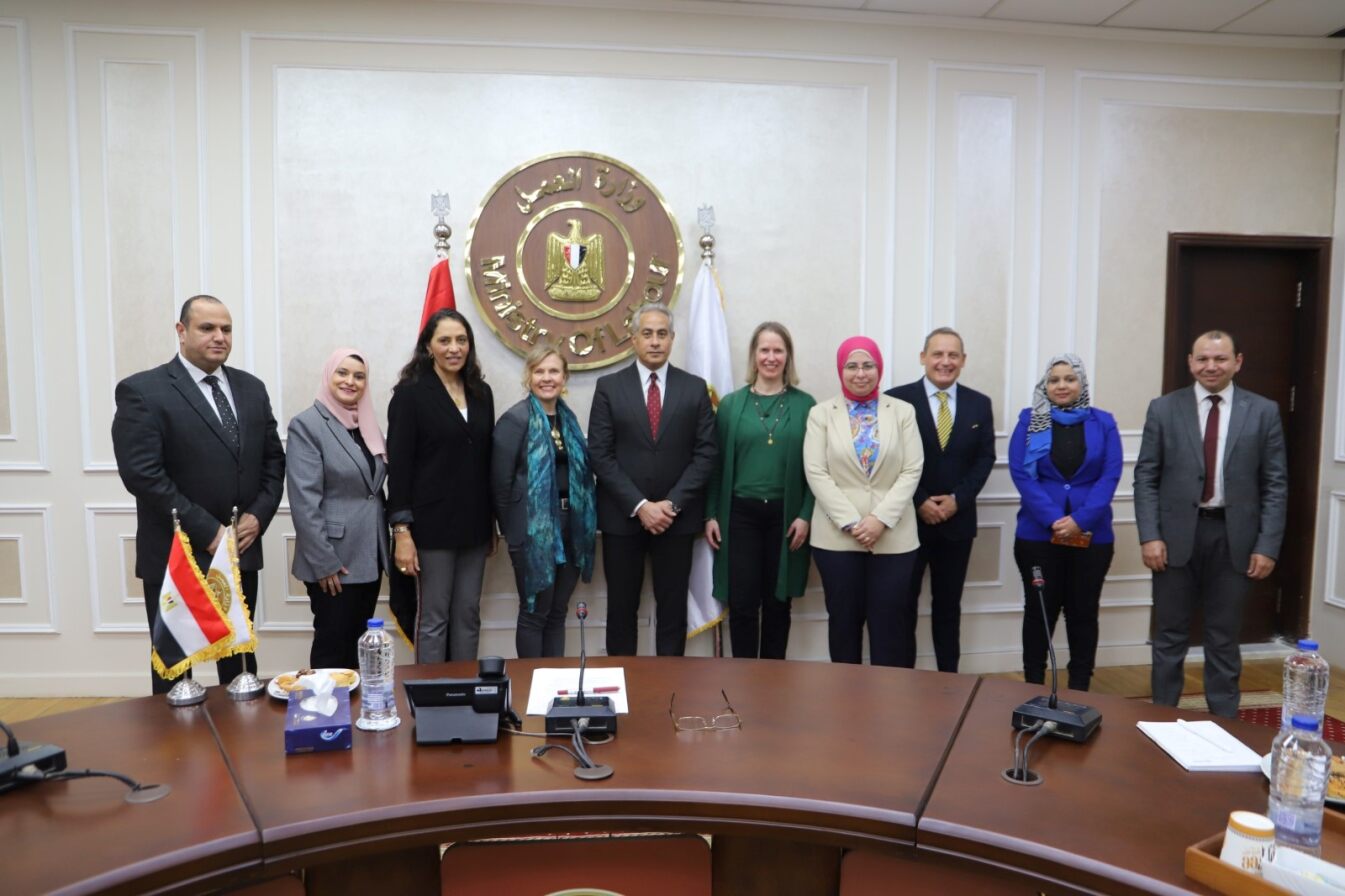
Egypt has a large population of about 107 million inhabitants, of which approximately 60% is of young age (below 30). Besides skilling the population for their own labour market, Egypt aims to prepare and train Egyptian skilled workers for the international labour market, both in Europe and beyond. Europe, on the other hand, is coping with a rapidly ageing population and is in high need of young skilled labour to remain competitive, particularly in areas such as the green economy and for the digital transition, but also for essential services such as healthcare, transport, etc.
Therefore, both Egypt and the EU look for opportunities for attracting skilled migrants, such as the ones promoted under the EU Talent Partnership. Moreover, one of the four key objectives of the European Year of Skills is “attracting people from third countries with the skills needed by the EU”.
The EU is supporting the skills ambitions of Egypt through an upcoming dedicated EU financed programme, EU4YES (EU support to Youth Employability and Skills). This is a EUR 45 million programme that includes EUR 16 million support from Germany (implemented through GIZ) and EUR 3,5 million support from Italy/ENI (implemented through AICS). ETF (European Training Foundation) is providing support assist for the preparation of the design of the programme and support the setting up of a Sector Skills Council on Renewable Energy bringing in the dialogue with the private sector.
Beginning of March 2024, a full programme was organised by the ETF, the EU Delegation in Egypt and the European Commission. The programme included several meetings and a workshop with GIZ, AICS and all the important stakeholders from Egypt. Mrs. Pilvi Torsti, director of the European Training Foundation, met with Minister of Labour, Dr. Hassan Shihata, and Acting Deputy Minister of Education and Technical Education, Amr Bosila. Other important actors in the field that were consulted included the European Bank for reconstruction and Develompment (EBRD), KFW Develoment bank (KfW) – through the EU Financed programme on the establishment of Educational Centres of Competence, and USAID, which is supporting similar initiatives as well as the Sector Skills Councils.
A visit to the Applied Technical School in partnership with the private company called “WE” set up through a Public Private Partnership with the Ministry of Education and Technical Education (MoETE) showed the success of a constructive collaboration between the public and private sectors. and the high level of dedication of the students, their competence and eagerness to enter the labour market.
The week showed the importance of dialogue and collaboration at all levels: between the private and public sectors, among the ministerial stakeholders and involved organisations, and among the donor community. According to participants, there was a strong sense of importance of the agenda and, at the same time, an awareness of the challenges ahead.
Skills are the answer to the future both for Egypt and the EU. Without skills: no investment, no green agenda and no digital transition.
Contacts
Pasqualino Mare, ETF: Pasqualino.Mare@etf.europa.eu
Ahlam Farouk, EU Delegation: Ahlam.FAROUK@eeas.europa.eu
Simone Rave, DG NEAR – thematic support on Skill and Education: simone.rave@ec.europa.eu
- Project locations
- Egypt
